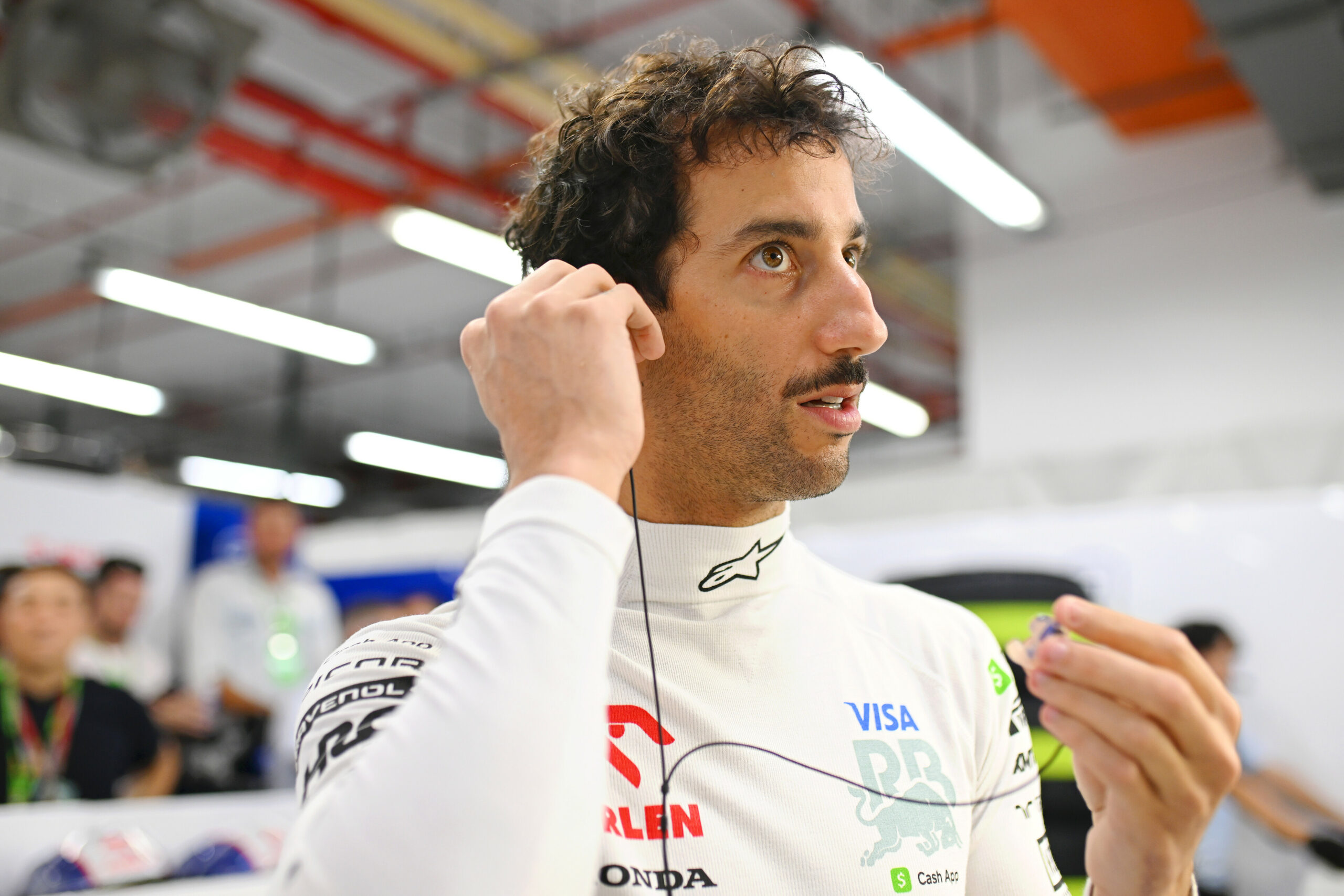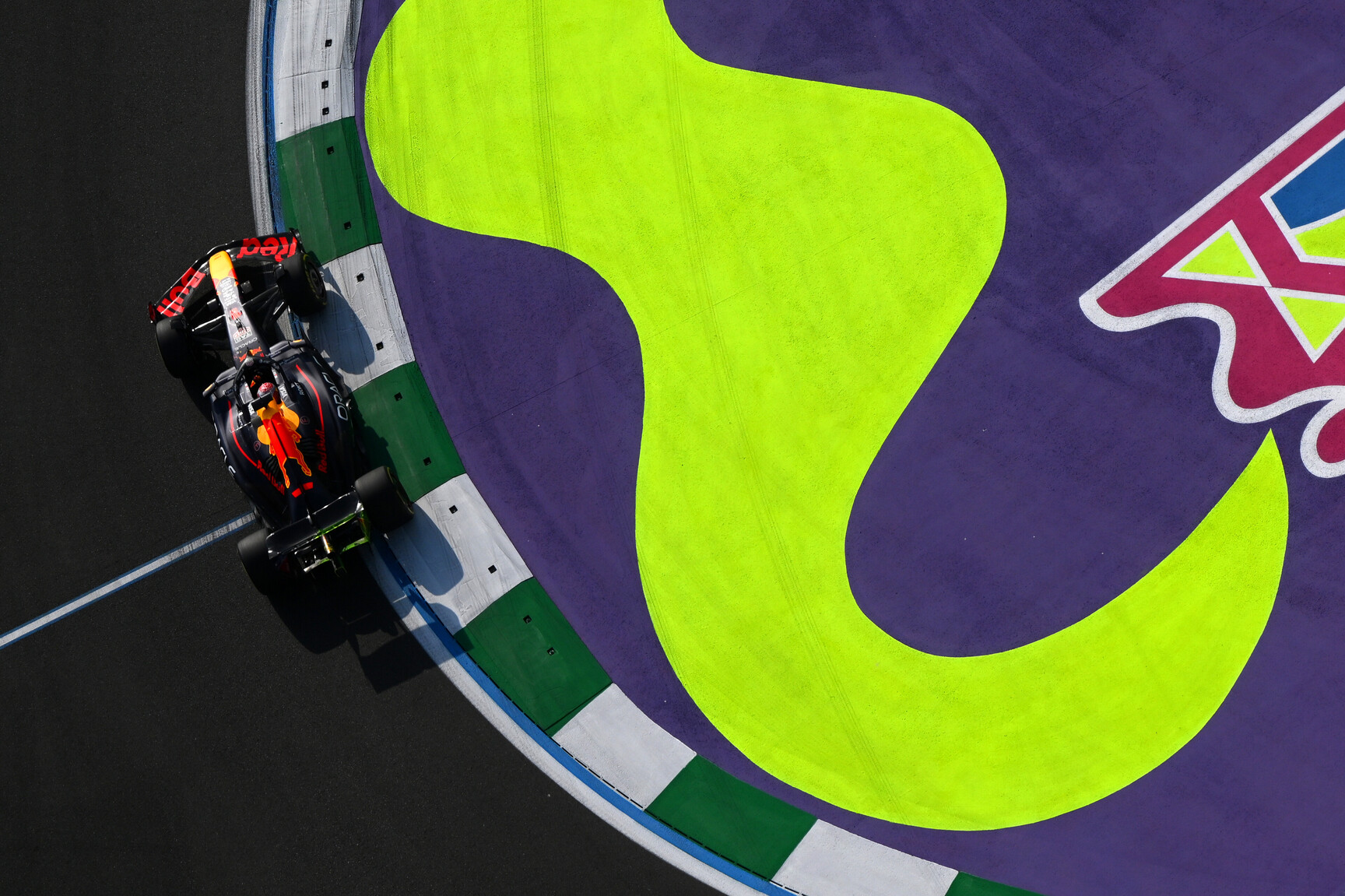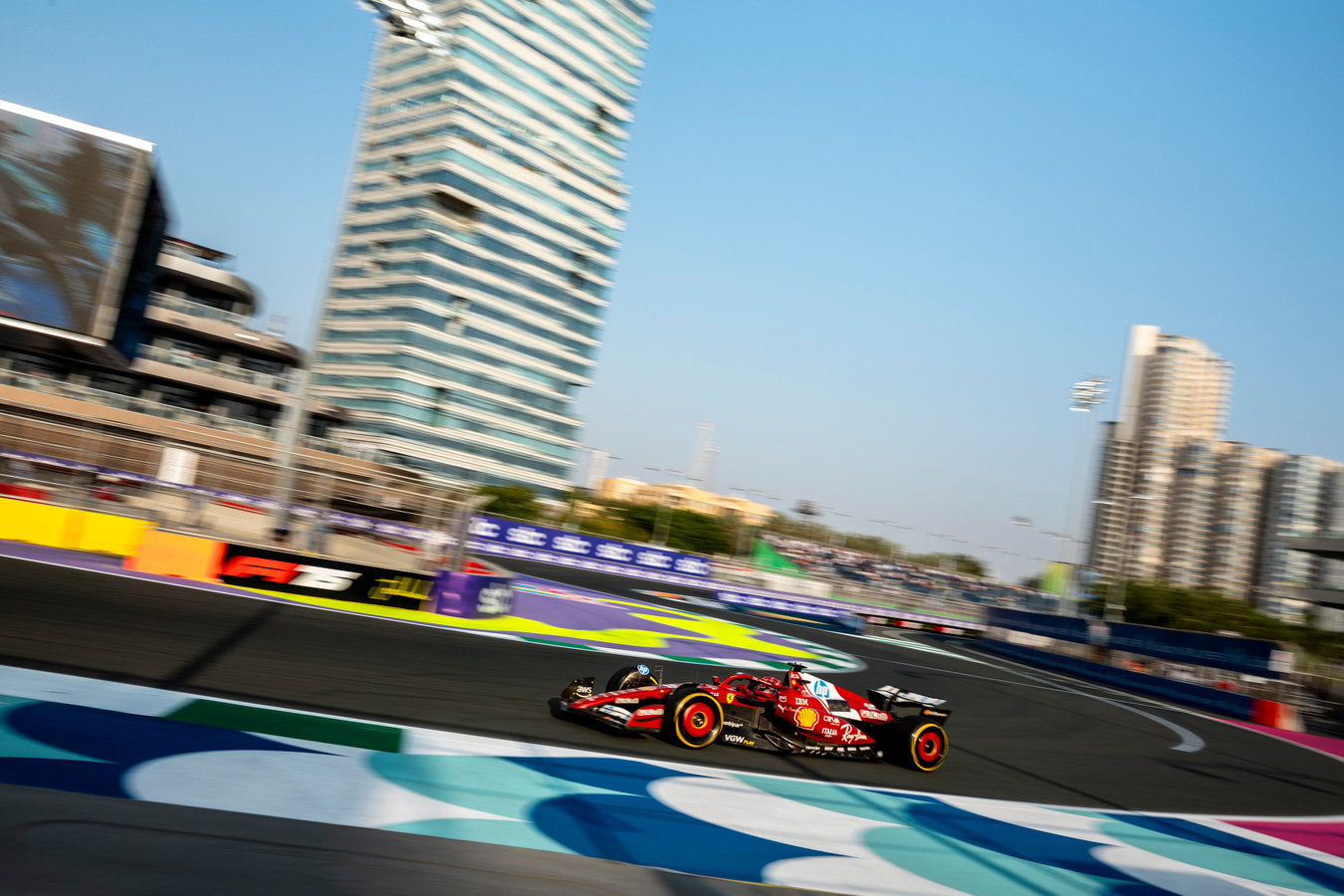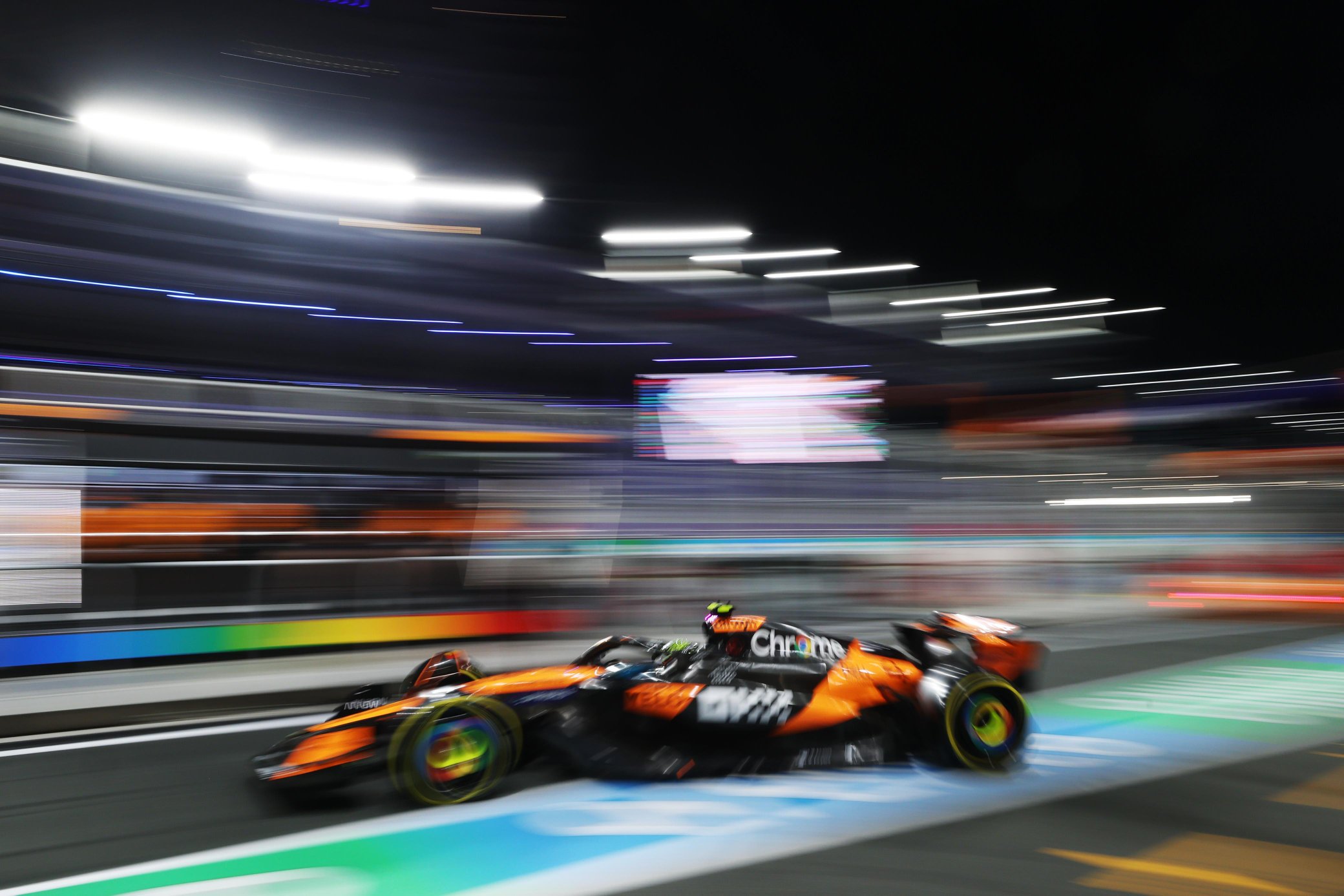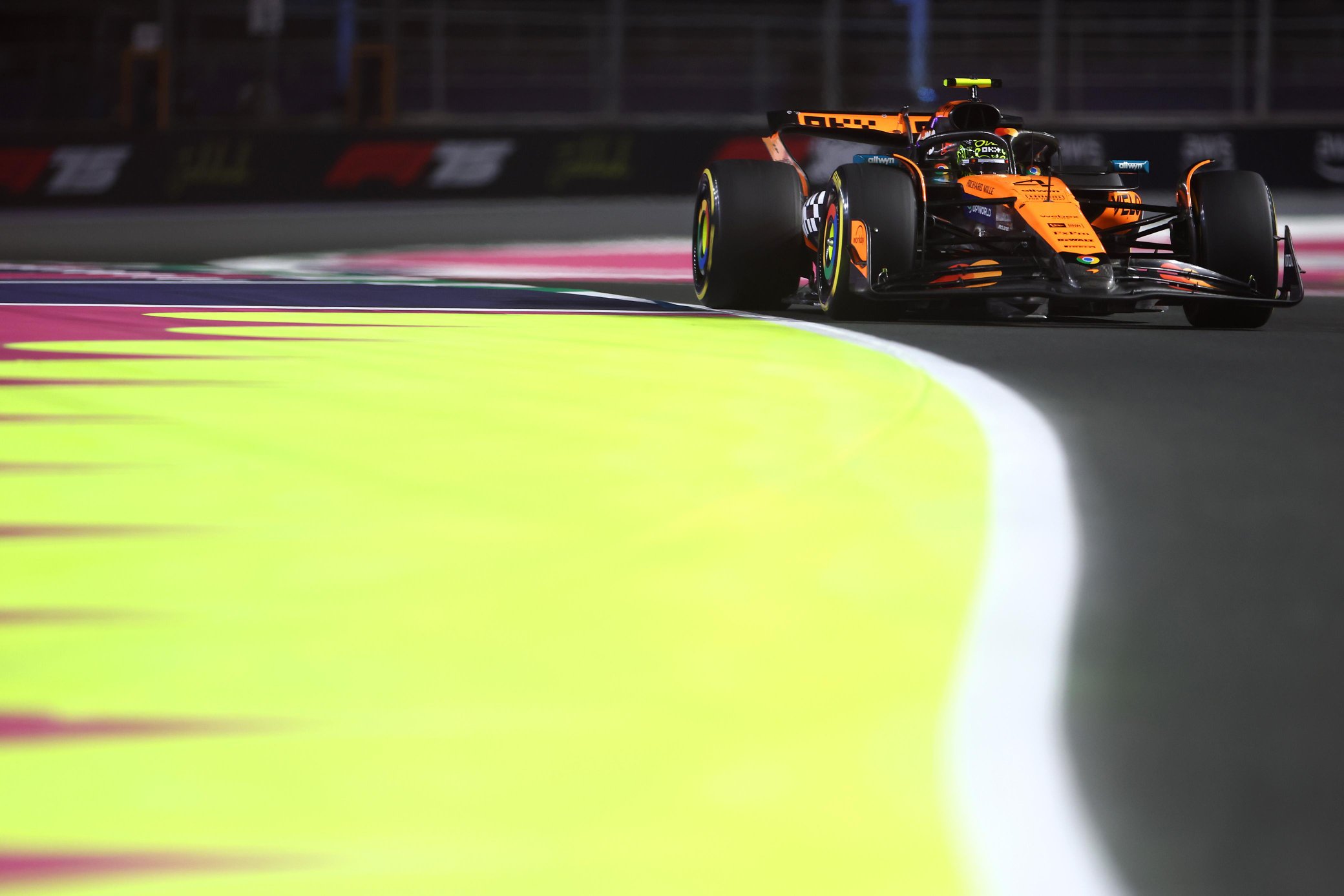Daniel Ricciardo’s tenure in the Red Bull family ended abruptly after the Singapore Grand Prix, leaving him in P19 in our F1 Driver Rankings.
It was an exit that shocked most of his fans, but why did his performance drop?
Tough seasons
After parting ways with Renault, Ricciardo joined McLaren in 2021. His tenure there, however, was marred by inconsistency.
Despite delivering a historic victory at the 2021 Italian Grand Prix, Ricciardo struggled to adapt to the car’s unique characteristics. By the end of 2022, the team opted to part ways, marking a difficult chapter in his career.
Red Bull then sacked an underperforming Nyck de Vries and put Ricciardo in the AlphaTauri at the Hungarian GP in the middle of 2023.
His comeback was paused after picking up an unfortunate hand injury during FP2 at the Dutch Grand Prix right after the summer break, leading to Liam Lawson replacing him.
A mixed bag before his departure
The 2024 season presented a mixed bag for Ricciardo. Paired with the ever-improving Yuki Tsunoda, he faced a steep challenge.
The Japanese outscored him by a significant margin of 37 points to 18 across their time together, building a gap when the car was at its best in 2024, and established an early dominance in qualifying this year, leading 7-1 at the start of the season.
However, Ricciardo gradually found his footing, closing the gap to 6-12 on qualifying by Singapore with a mere tenth separating them on average.
Despite standout weekends in Austria, Canada, and Belgium, his performances fell short of Red Bull’s high expectations.
Although there was talk of a potential promotion during the summer break, it ultimately didn’t materialise. Red Bull’s decision to end his stint prematurely reflected the team’s infamous ruthlessness with underperforming drivers.
The 35-year-old had shown strong race pace throughout the year, but it was not enough.
Reflecting on Ricciardo’s Decline
Ricciardo’s decline from his peak at Red Bull between 2014 and 2018, where he was a multiple Grand Prix winner and a driver who could match and beat Max Verstappen on many occasions, remains a perplexing chapter in his career.
While he showcased brilliance at times, the consistency that once defined him seemed elusive.
He has openly spoken about the toll these struggles took on his mental health, particularly during his time at McLaren.
In a candid interview with RaceFans.net, he said: “I don’t want to like go too far and be like, ‘Yeah, I was depressed’ or whatever but I certainly wasn’t always eating as much.
“I just wasn’t feeling right. I was honestly just not like my happy self, not my normal self.
“I think as well so much was going on last year, I could feel like I had this kind of nervous energy inside me. I didn’t have an appetite as much. I was just a bit scattered. So yeah, there was certainly some of that. So I was a little thin.”
Legacy Beyond the Track
Despite the challenges, Ricciardo’s impact on F1 transcends his on-track performance. His magnetic personality and starring role in Netflix’s Drive to Survive helped popularize the sport, attracting a younger, global audience.
The man from Perth became a cultural icon within F1, a driver whose infectious humor and charm resonated far beyond the paddock.
While his drop in performance has likely closed the door on his F1 career, Ricciardo’s legacy is far from diminished.
He will be remembered not only as a race winner and fierce competitor but also as a figure who brought joy, personality, and new fans to the sport.

